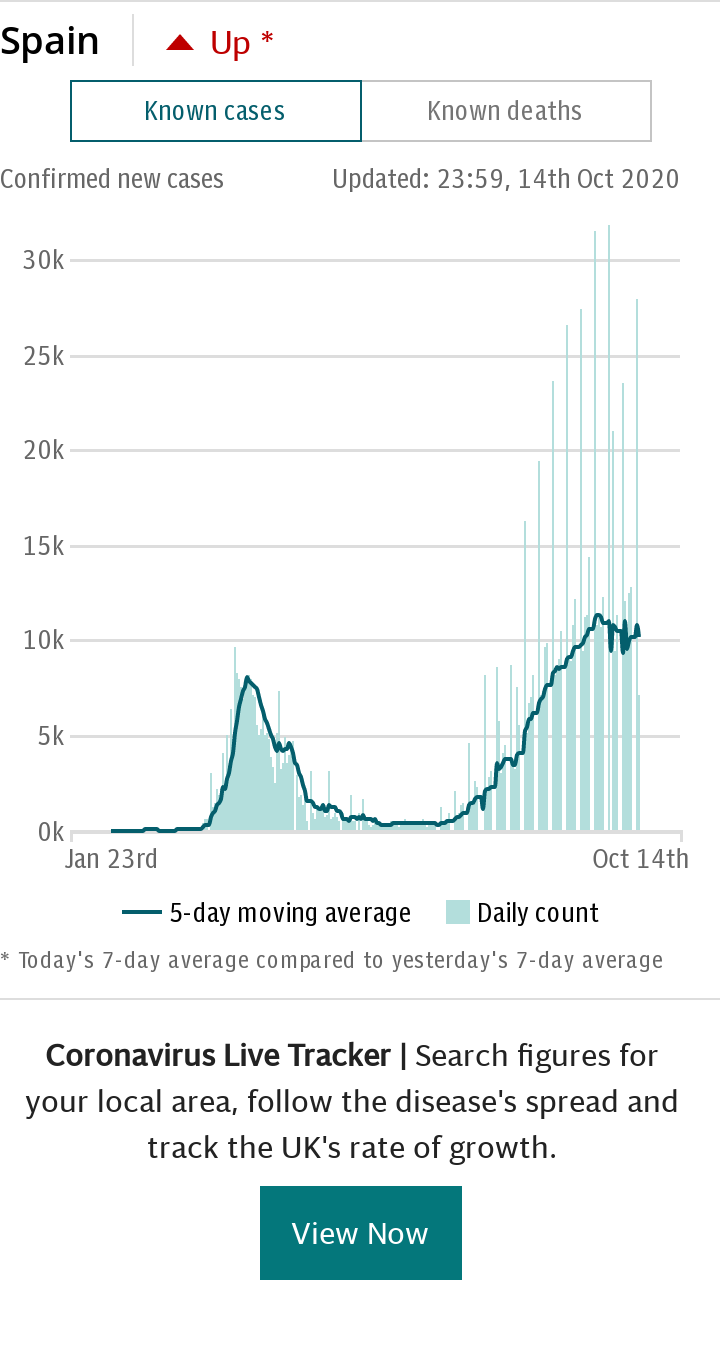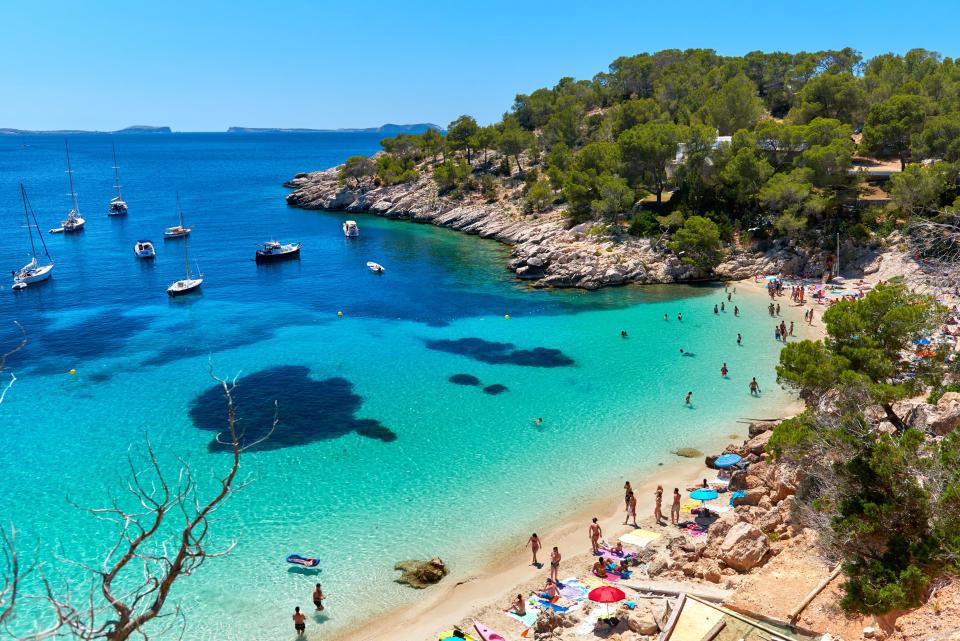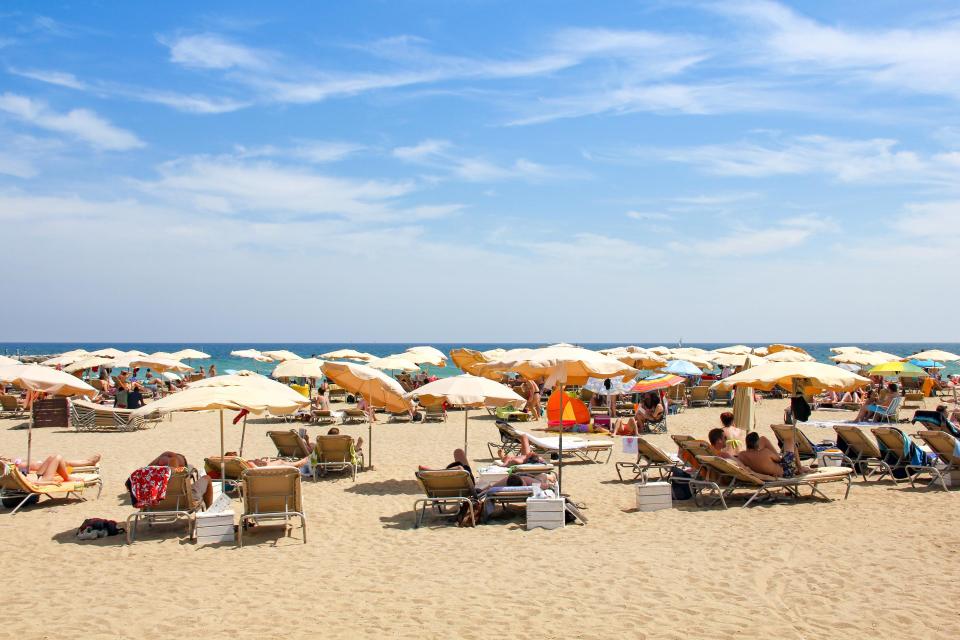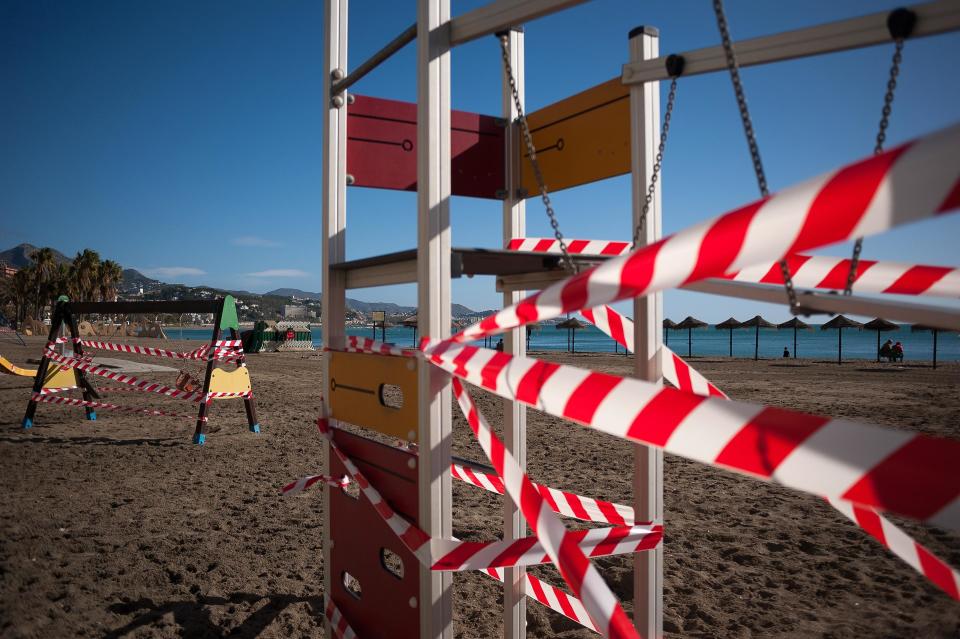Can I travel to Spain? And will it open in time for summer holidays?

Spain will lift a three-month ban on British travellers on March 30, the country's government has said.
Put in place on December 22 for all arrivals by air and sea, the restrictions were introduced to stop the spread of new strains of Covid-19.
Since, the Spanish Government has extended its ban on British visitors on six occasions, but now says it will be lifted next week. During the ban, only Spanish or Andorran nationals were allowed into Spain from the UK, meaning the majority of British second home owners – who own property but are not registered as residents – could not enter.
However, the news comes as the UK Government extended its own travel restrictions until July; anyone attempting to leave the country faces fines of up to £5,000 under new tightened border restrictions. Officials have said the extension is for legislative convenience, and does not have any bearing on whether international travel will resume on May 17, as scheduled under the Government’s roadmap.
Earlier this month, Spain's tourism minister Fernando Valdés said the country could introduce its own "green" corridor for vaccinated British travellers, if there were no collective EU decision on vaccine passports.

Mr Valdés confirmed that Spain was in “discussions” with the UK, and told Bloomberg: “For us the British market is our main market. But obviously since we are a member of the European Union, the solutions have first to be part of the discussions in the EU.
“And obviously if that cannot be reached, we will be thinking of other corridors like green corridors with third countries that can help us restart tourism flows.”
Spain has, so far, managed to stay off the UK's 'red list' – meaning that essential travel to the country can continue, and selected air and sea links are still operating.
However, holidays remain strictly off-limits. Quarantine and testing requirements also apply to travellers both inbound and outbound.
Below, we detail some of the questions travellers will be asking about trips to Spain, and outline the latest Foreign Office advice. This page will be updated as and when guidance changes.

Is Spain in lockdown?
Spain is not in national lockdown, but it is under a 'curfew' – limiting travel to work purposes, education, care reasons or medical treatment. Face coverings are compulsory in indoor spaces, and in some outdoor places too – as well as on public transport nationwide. Tighter measures will be in place over Easter, the health ministry has said, to prevent "national tourism".
The restrictions will last until May 2021, at least.
Can I visit Spain?
You can still travel to Spain for essential reasons, but you must self-isolate for 10 days on your return to the UK. Essential reasons include work that cannot be done from home, or emergency medical treatment – not holidays.
In England and Wales, travellers arriving from Spain must self-isolate either at a private address or (if they prefer) in rental/hotel accommodation. In Scotland, all travellers must isolate in a government-mandated quarantine hotel. See 'border restictions', below, for more information.
There are no bans on Spanish (or other non-British) citizens entering the UK from Spain.
The Foreign Office (FCO) continues to advise against all non-essential to Spain, except the Canary Islands. This makes travel insurance hard to come by. Many flight and ferry routes between Spain and the UK have also been cut.

What are the current border restrictions for Spain?
UK citizens arriving in Spain must complete a ‘Health Control Form’, confirming that they have undertaken a PCR, TMA or LAMP test within no more than 72 hours prior to arrival, have tested negative for COVID-19, and have evidence (eg a test certificate) to support this.
There is currently no requirement for travellers from the UK to self-isolate on their arrival in Spain. Additional rapid tests may be conducted at hotel check-in, or as a follow-up request by border control within 48 hours of arrival. For the full entry requirements, including those for citizens/residents of Spain, see the FCDO's Spain guidance.
When returning to the UK, travellers must take a Covid test within three days of their departure date. In line with UK legislation, passengers will be prohibited from boarding any ferries or flights without proof of a negative result. In addition, all travellers destined for England or Wales must book a travel test package (£210), which includes tests to be taken on days two and eight of isolation.
If destined for Scotland, travellers must see out their isolation period in hotel quarantine, at a cost of £1,750 per individual traveller.
Will Spain open up in time for summer holidays?
It is hoped, but there are no guarantees. Despite the "green corridor" comments from Tourism Minister Valdés, Spain's Prime Minister has cast doubt over the prospect of summer holidays by hinting that international travel will not be possible until herd immunity is reached.
“We are already the ninth country in the world in the vaccination process and one of the first countries in Europe,” said Pedro Sanchez in February. “And we are going to advance with the vaccination at the highest rate until reaching 70 per cent of the population with immunity by the end of the summer. This will allow Spain to be progressively better prepared to receive international tourists.”
The lifting of the ban on British arrivals is promising and Mr Sanchez will surely come under immense pressure to welcome holidaymakers sooner than that – particularly from leaders in the Balearics and the Canary Islands, which rely heavily on overseas visitors – but his words will leave many Britons nervous about their summer plans. After all, we visit Spain for our holidays more than any other country.

Will I need a vaccine passport?
It certainly looks that way. Spanish ministers have joined calls for an EU-wide vaccine certification. This comes after the country controversially announced it would be compiling a database of vaccine refusers, which it would share with the European Union.
“Vaccine certification is something we are going towards inevitably,” Gonzalez told RNE radio station. “It will be a very important element to guarantee a safe return to mobility.” She said that the document should be coordinated at a European or even global level, and predicted that the certificate could enable people to travel into different countries – as the PCR tests do now.
The Balearic islands hope to conduct a trial run of any new vaccine passport scheme, which would enable fully inoculated travellers to visit the archipelago without restrictions.
Speaking to Telegraph Travel, the Islands' Minister for Tourism, Iago Negueruela, said: "The Balearic Islands has proposed to Spain’s central government that the archipelago becomes one of the first places where the vaccine passport is trialled.
"In 2020, the Balearics pioneered a safe tourism initiative called the Pilot Plan; a test project which launched in June 2020 to bring visitors back to the Balearic Islands in a controlled and safe way. This Pilot Plan helps to illustrate our capacity to trial these kind of initiatives before they are rolled out on a wider scale."
Are flights and ferries still operating?
Yes, airlines are still operating flights between the UK and Spain – though at a far reduced schedule than pre-pandemic. Passengers must adhere to all of the border requirements (see 'What are the border restrictions?', above).
The same applies to ferries between the UK and Spain, which continue to run at a reduced capacity. Brittany Ferries' Santander-Portsmouth service is twice-weekly, for example, while its Portsmouth–Bilbao and Plymouth–Santander services are suspended until mid-May 2021.
Do I need to wear a face mask?
Face masks on all forms of public transport, and in crowded spaces, are obligatory for anyone over the age of six, and in some parts of Spain – Catalonia, the Balearic Islands and parts of the Basque Country – they must be worn in all public settings.
The FCO says: “Most regions in Spain have now made the use of face masks obligatory in both indoor and outdoor public spaces, even when social distancing of 1.5 metres is observed. Penalties may be imposed if you do not comply.
“Those with respiratory problems or those unable to wear a mask due to other health conditions or disabilities are exempt from this rule.
"While not mandatory, the use of face masks on children between 3 and 5 years of age is recommended."

